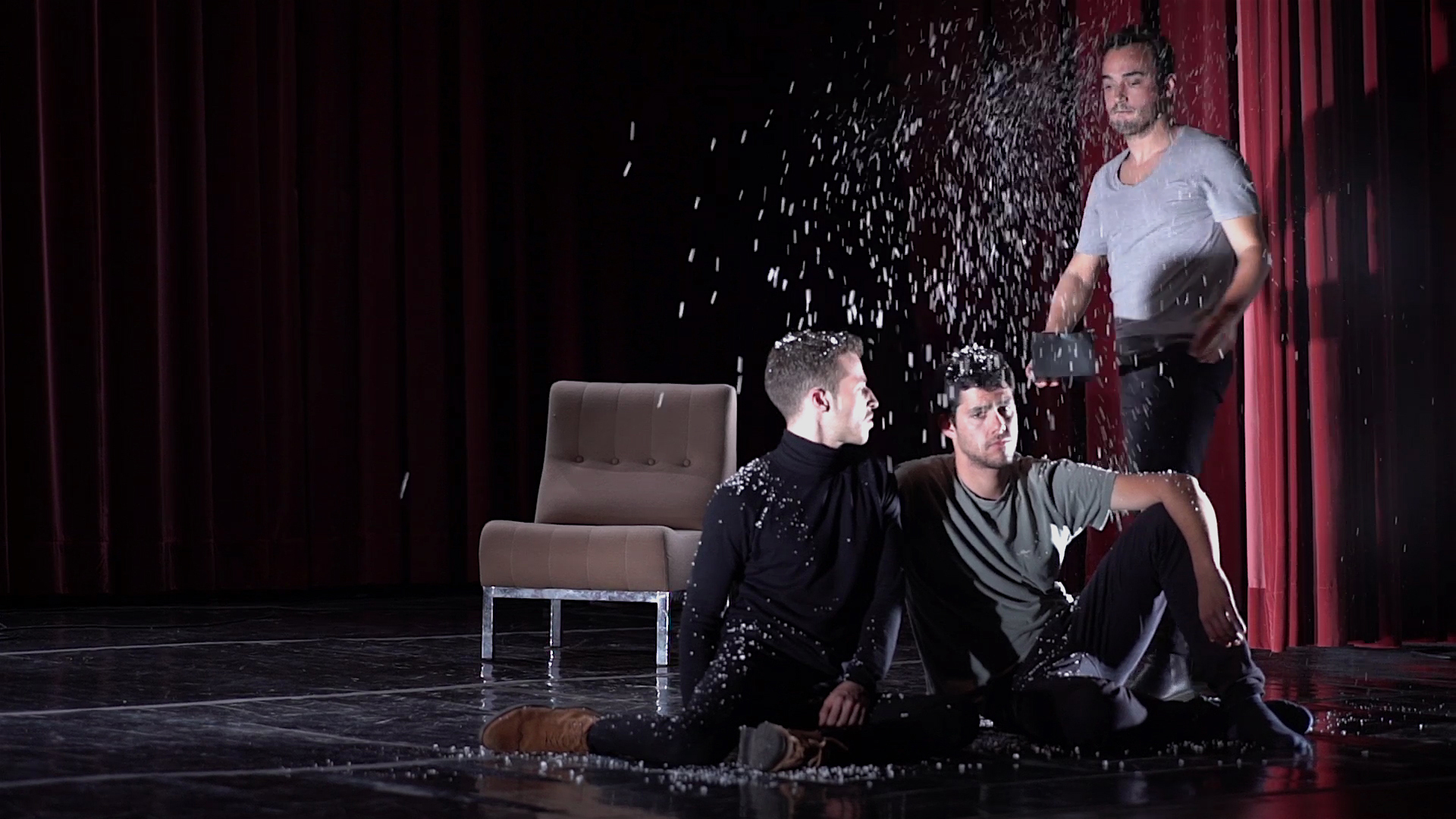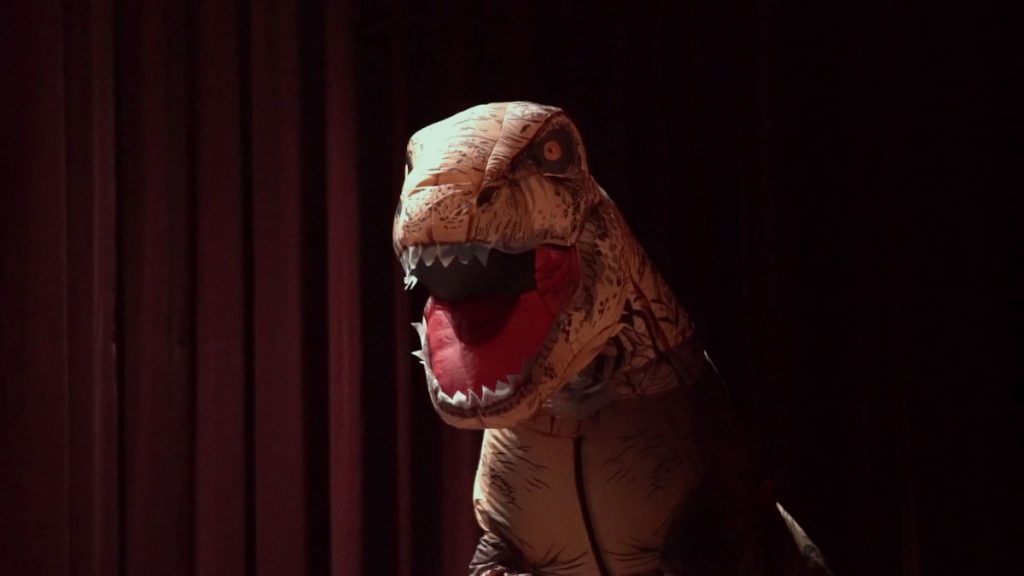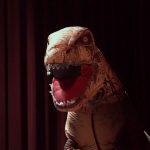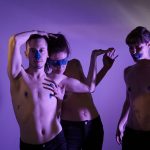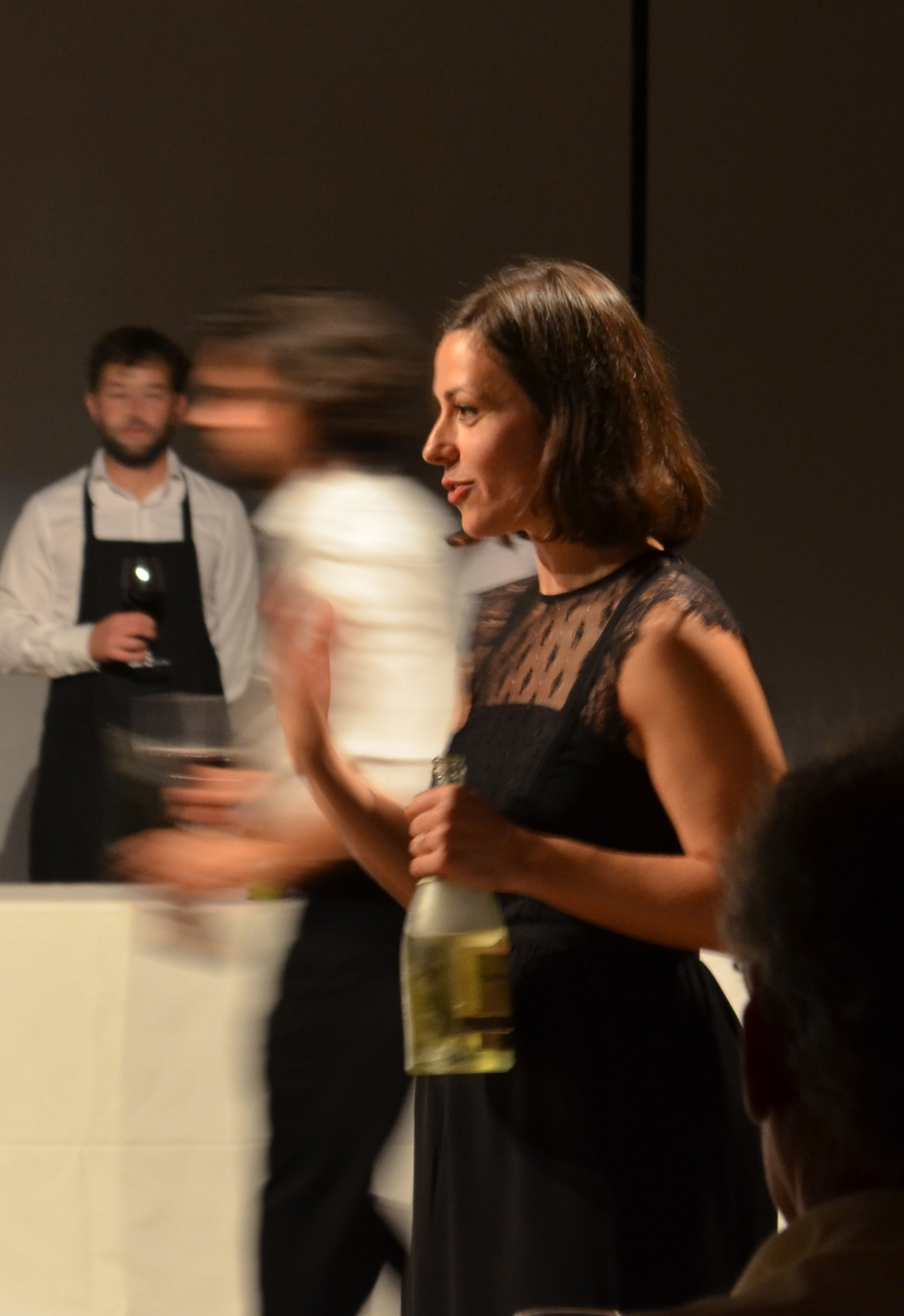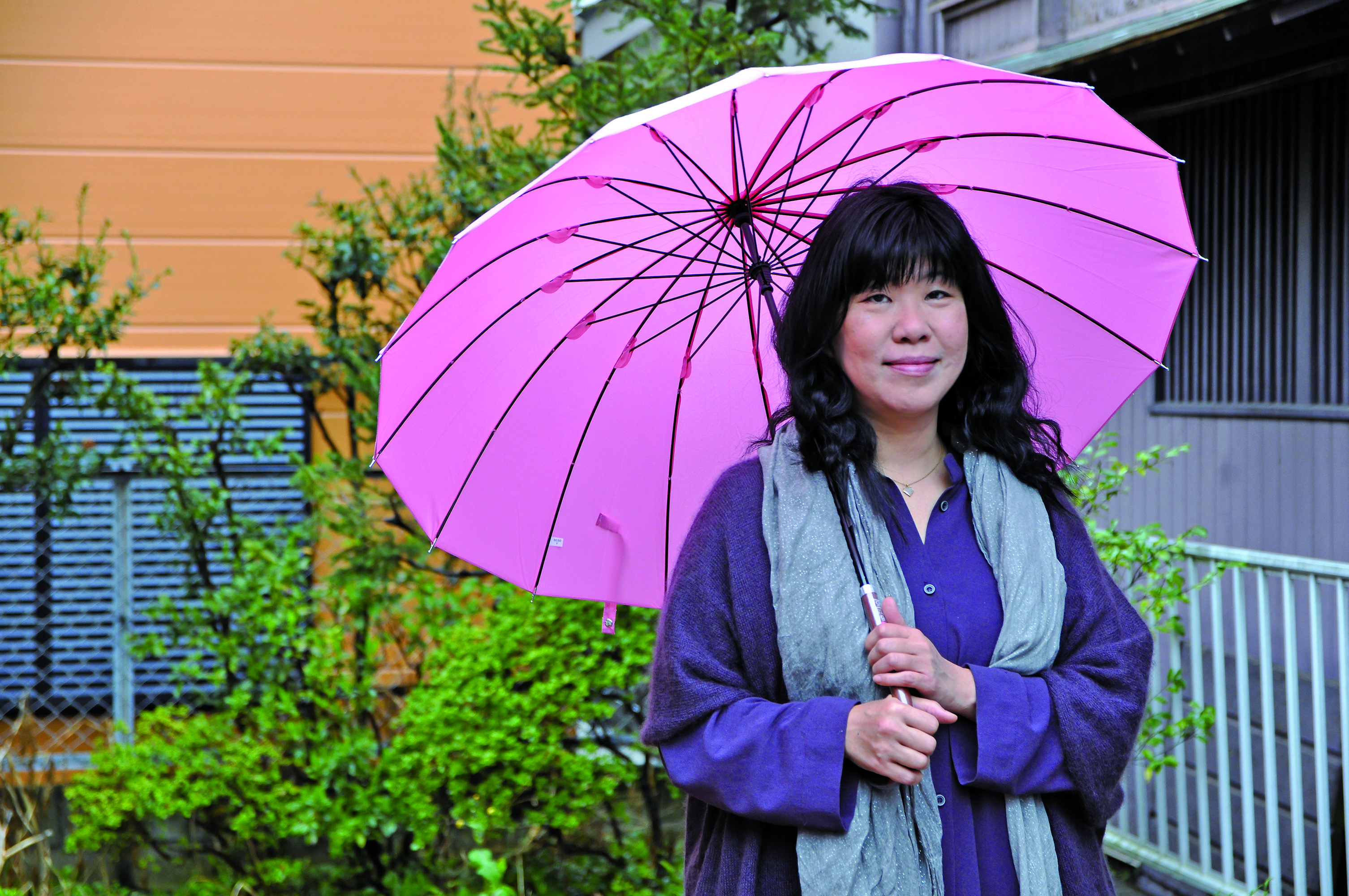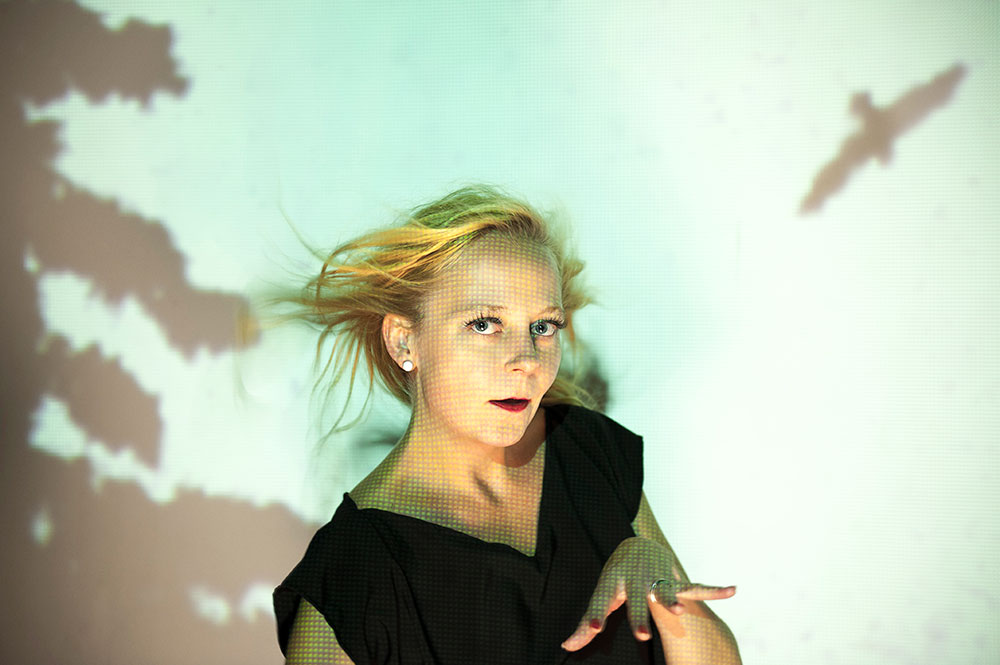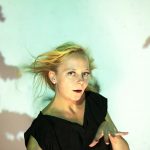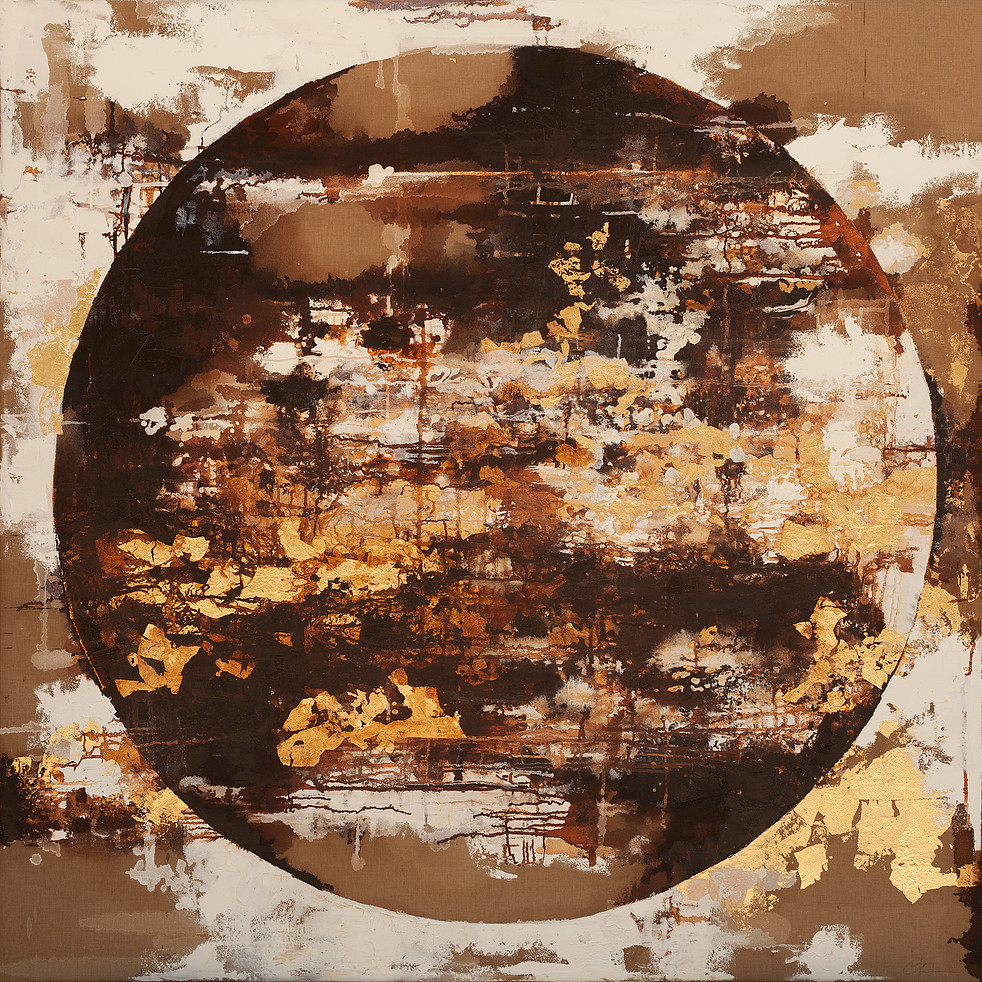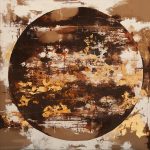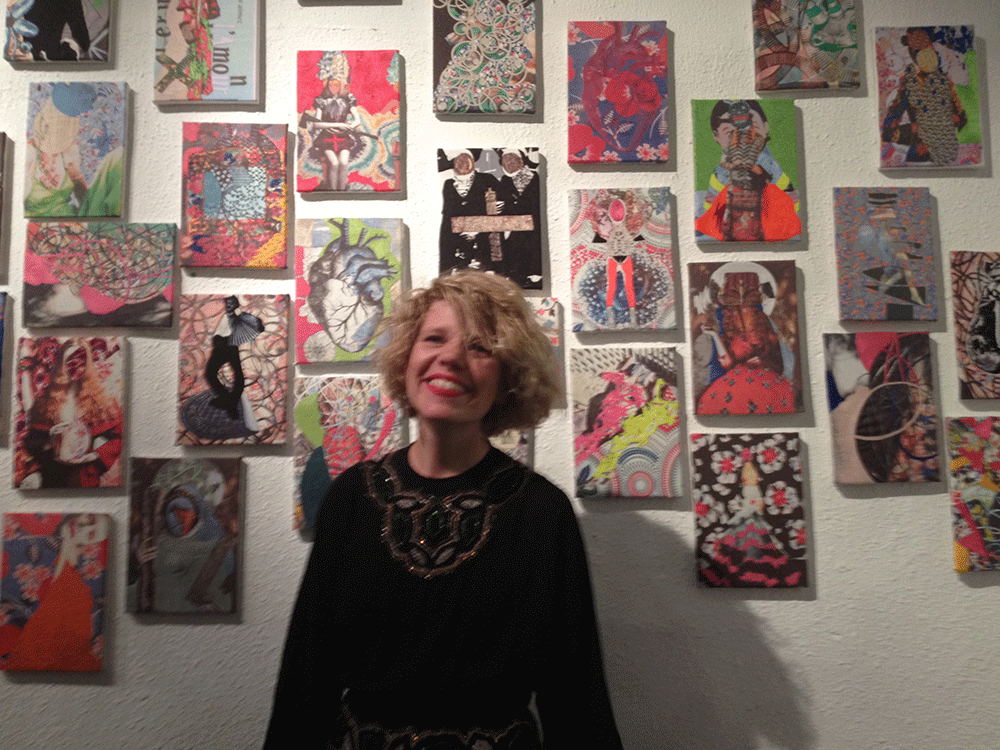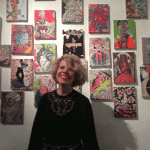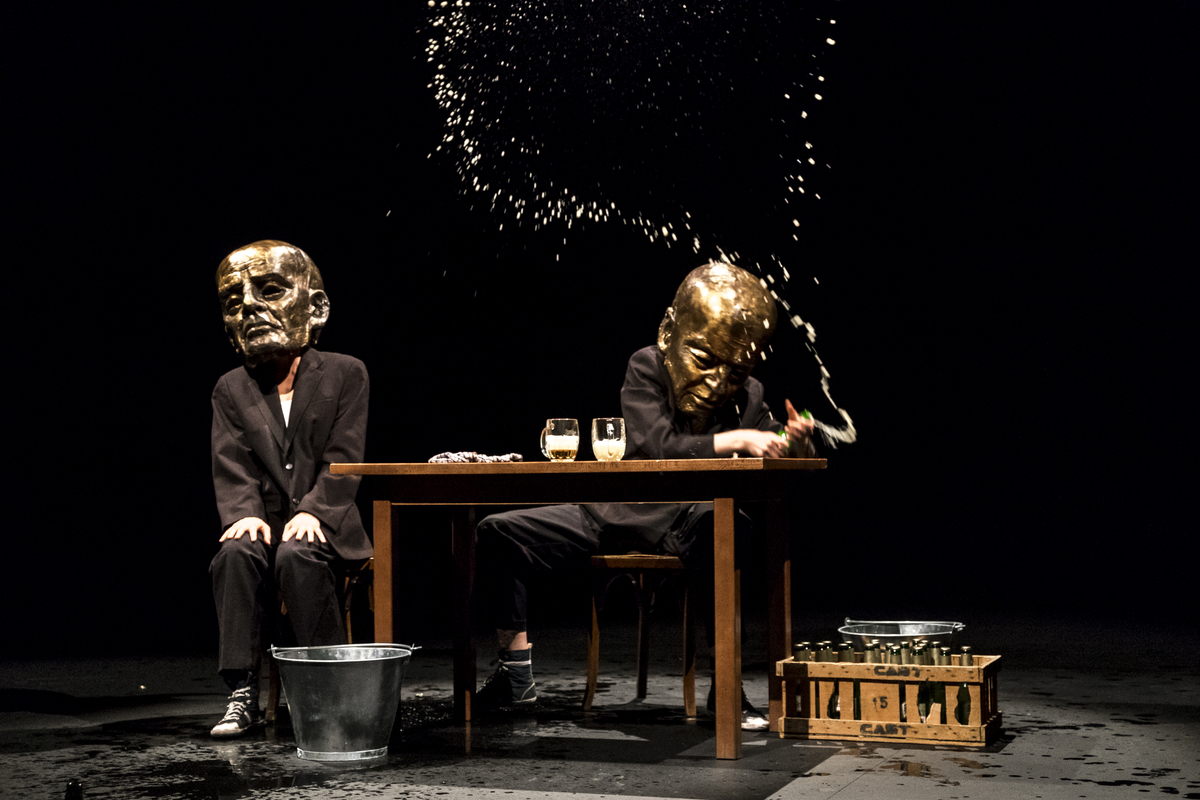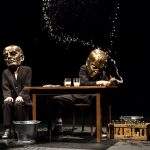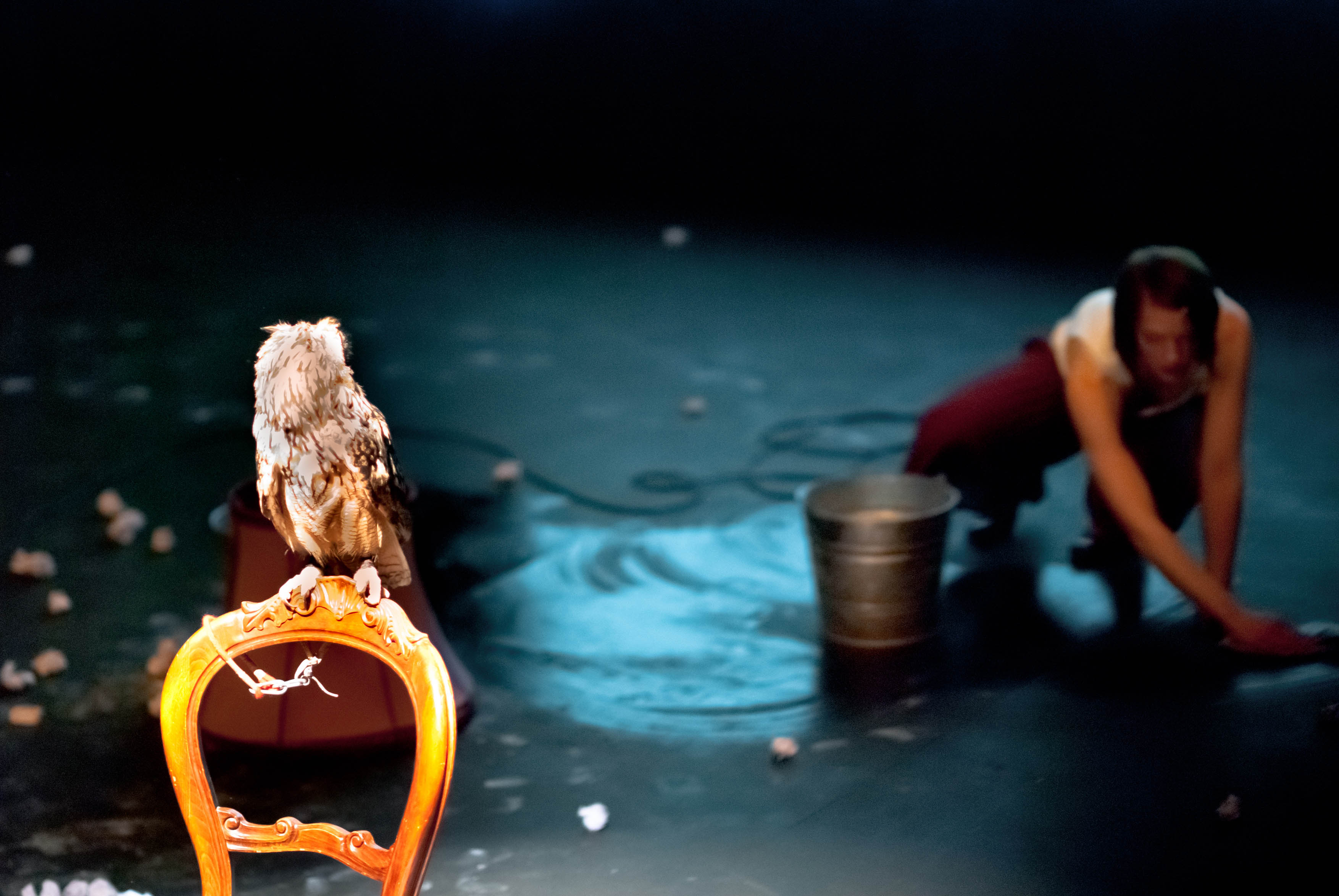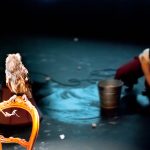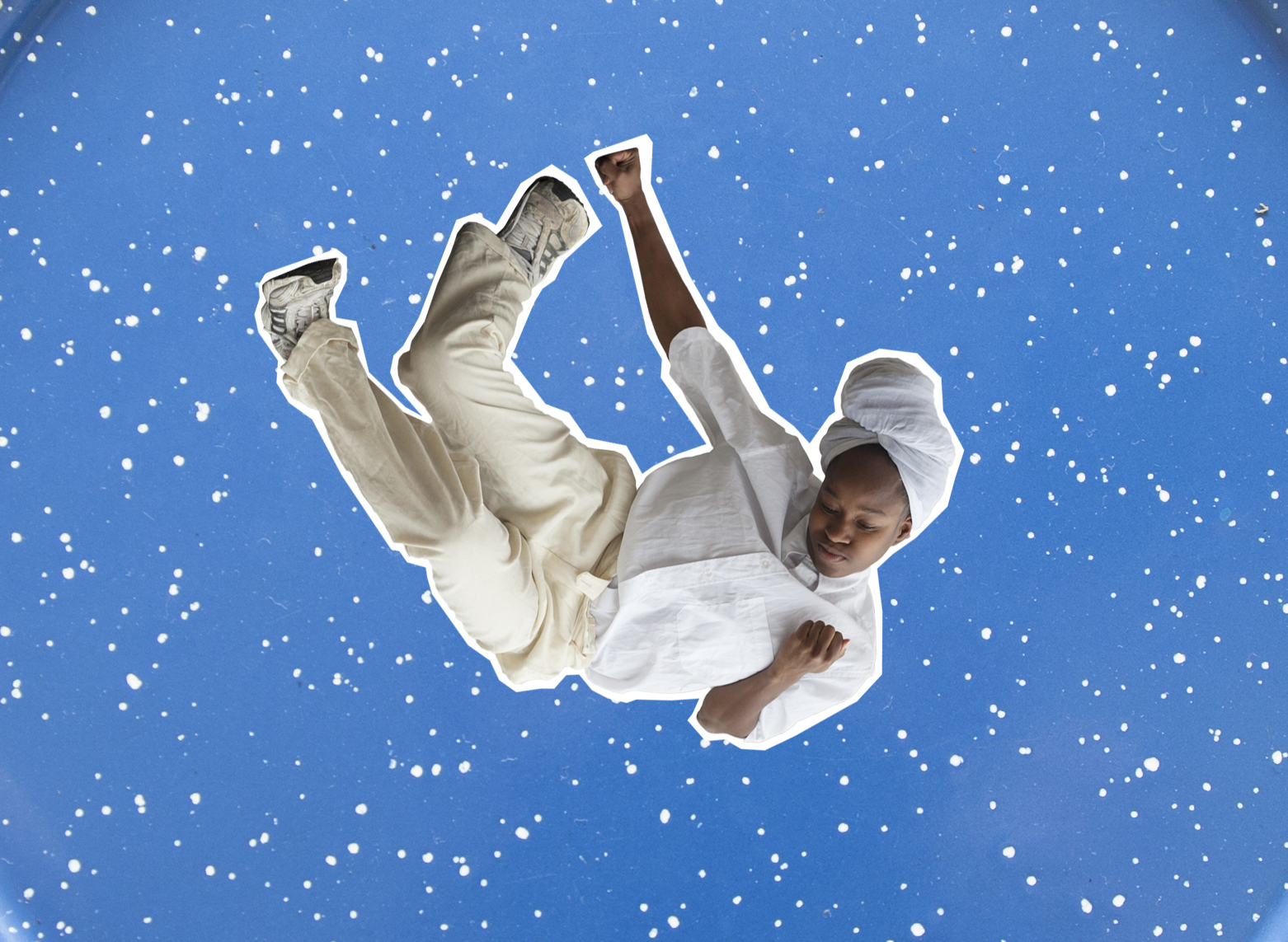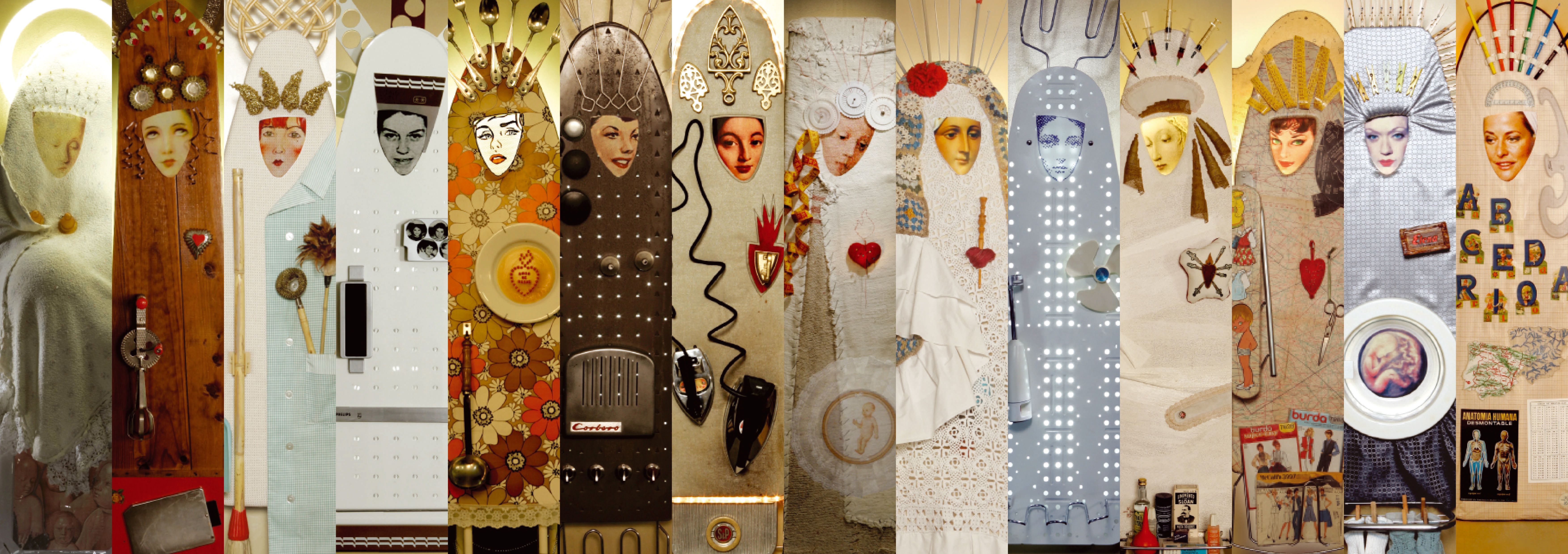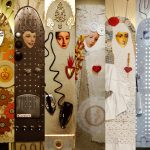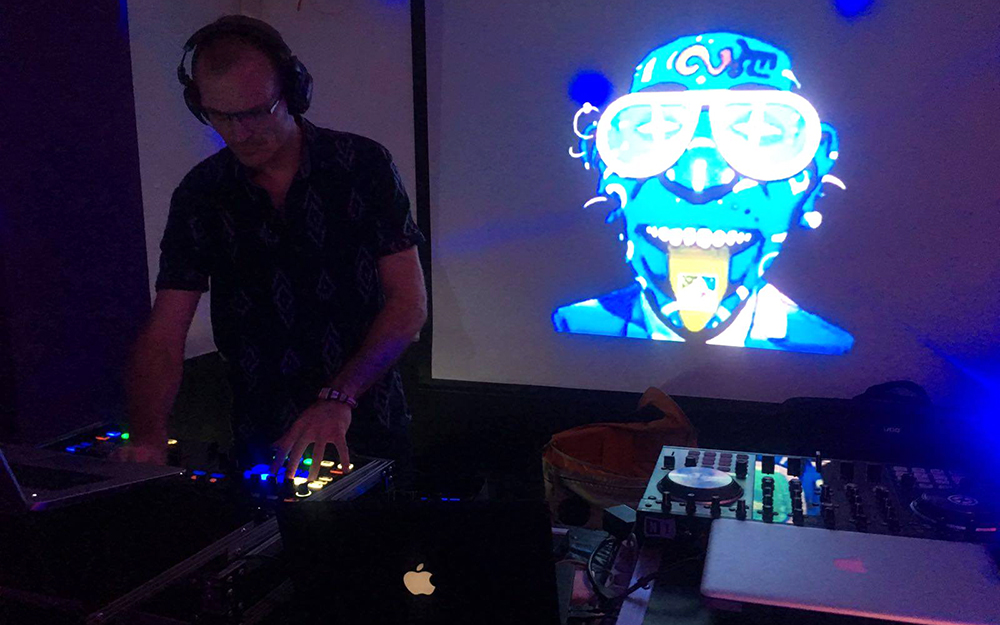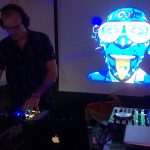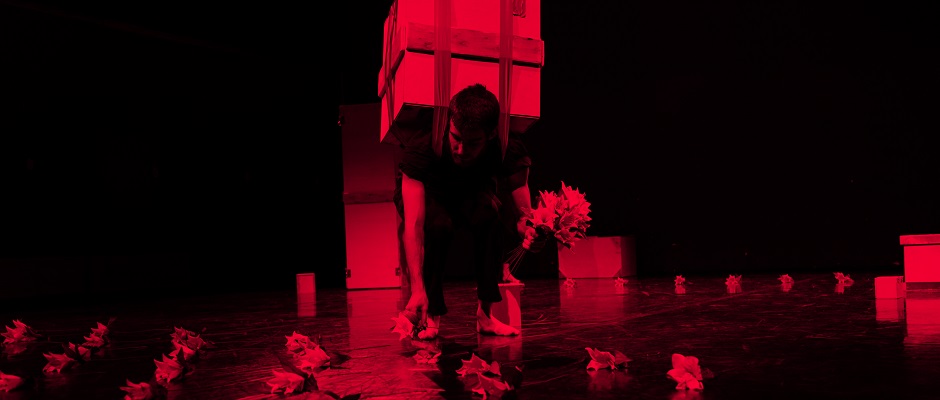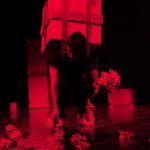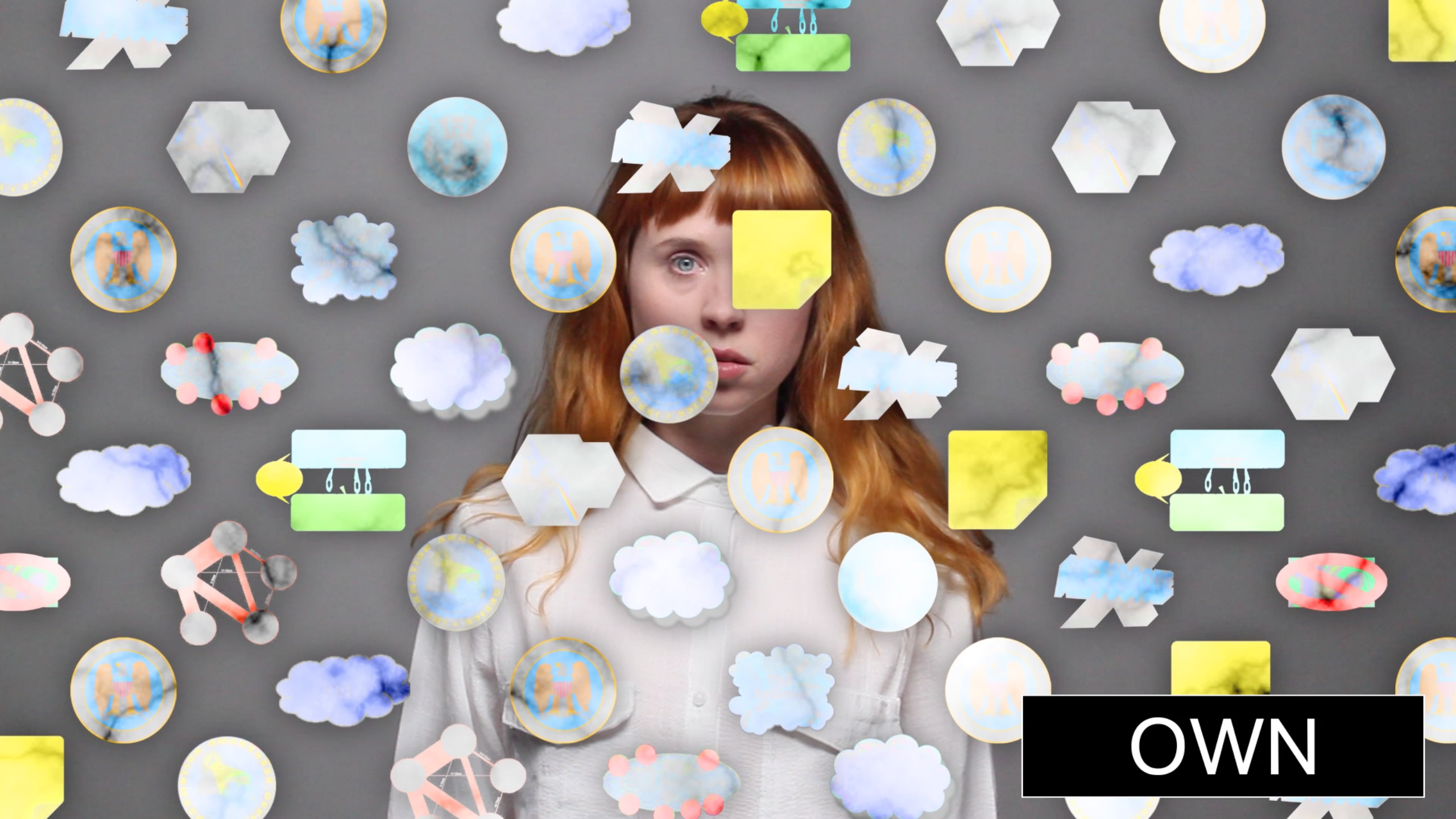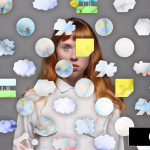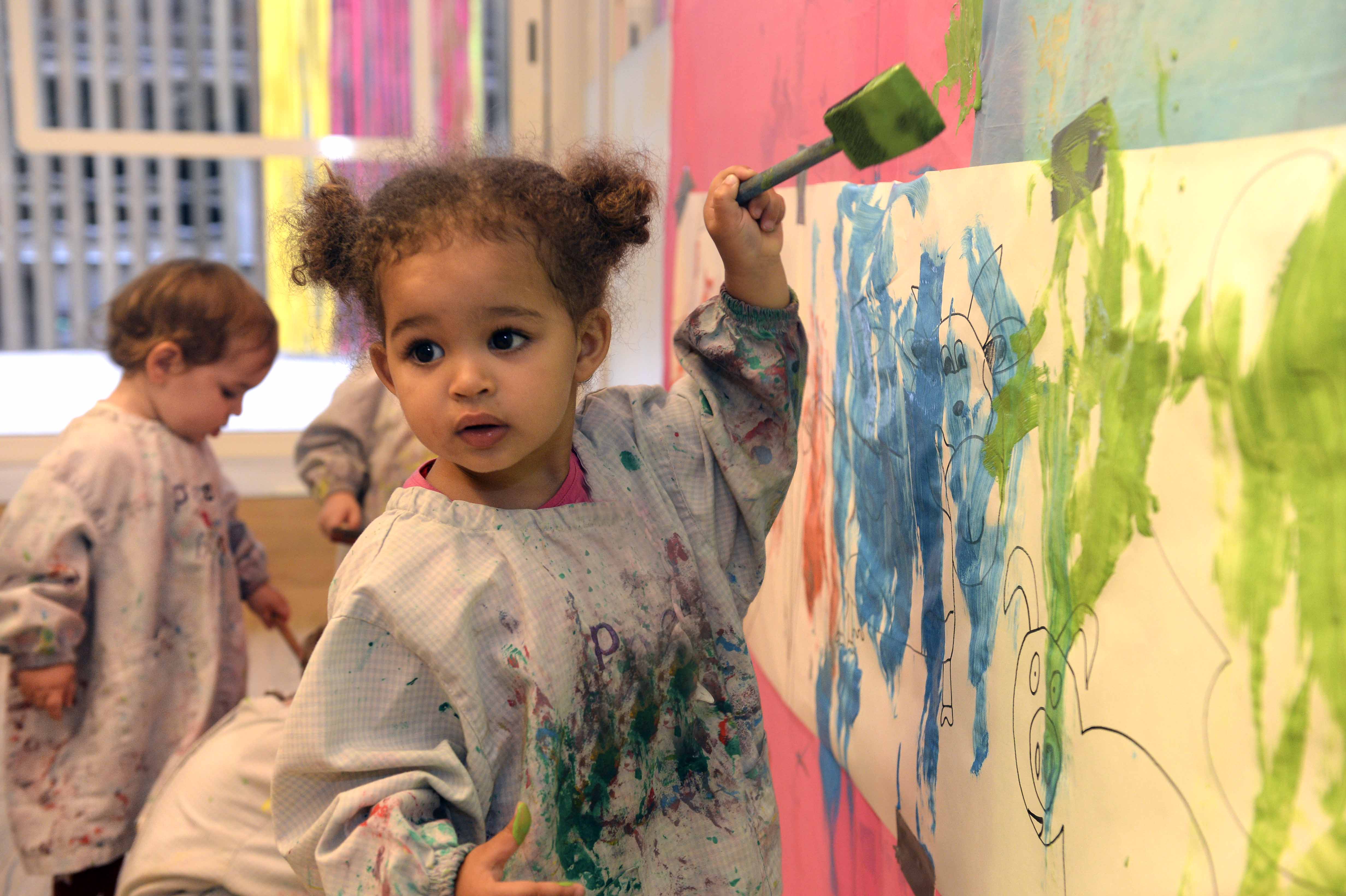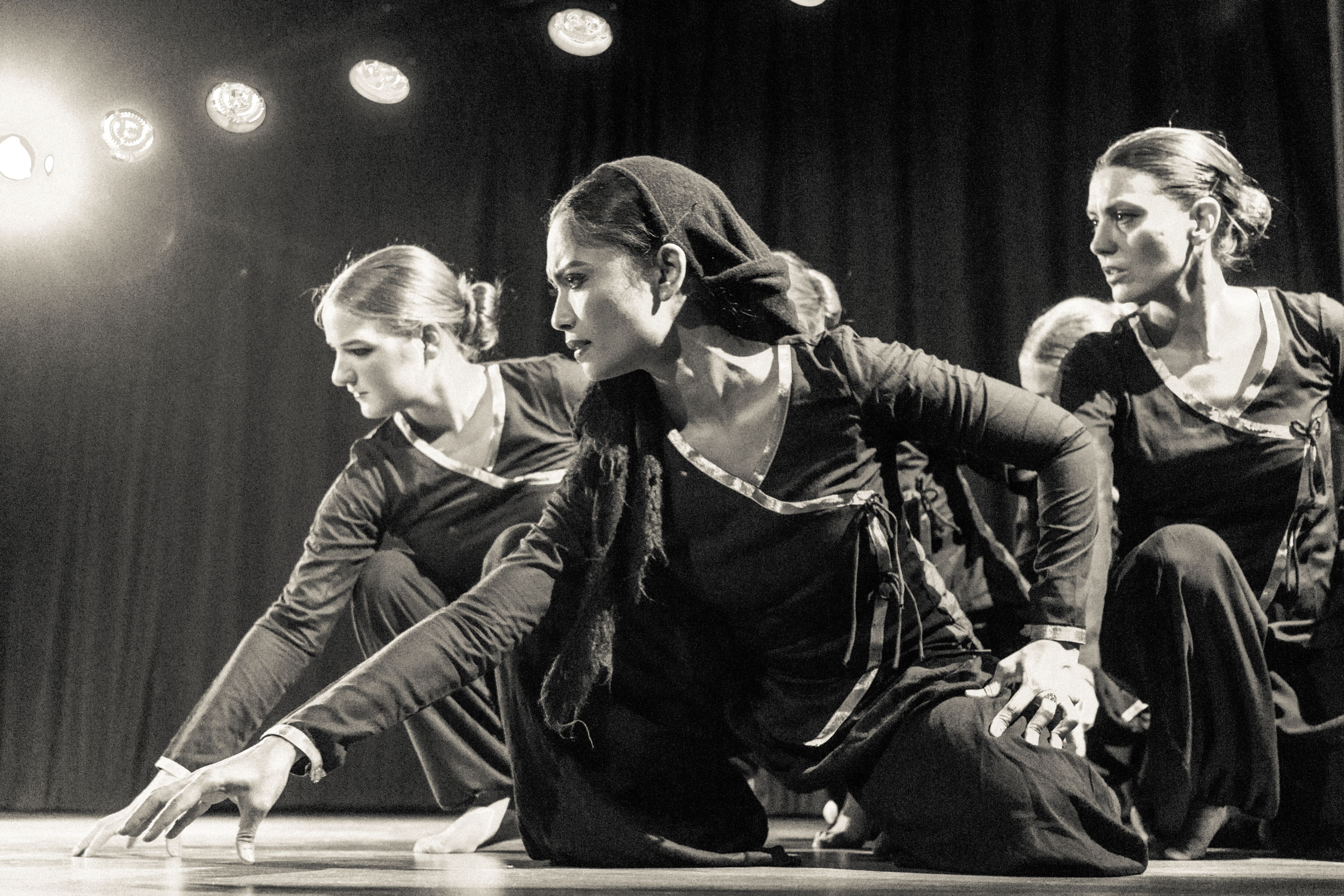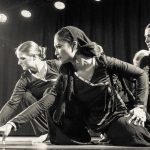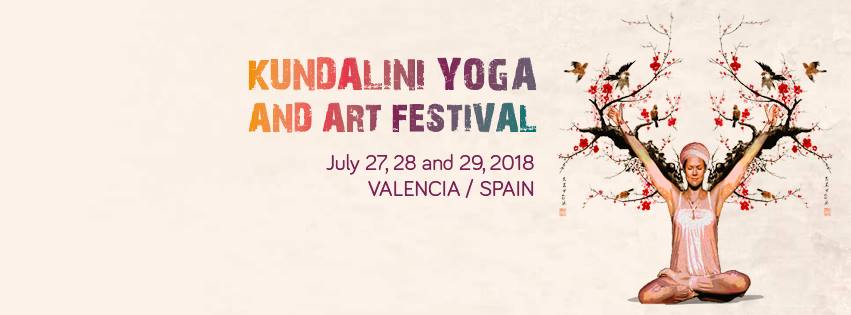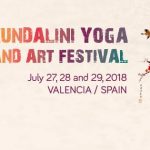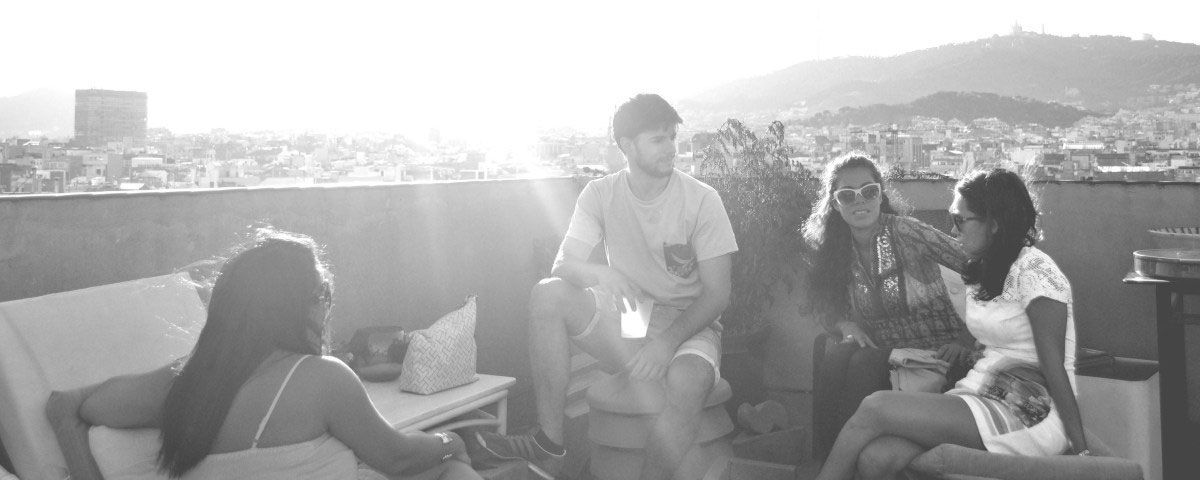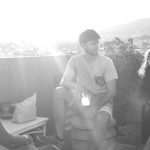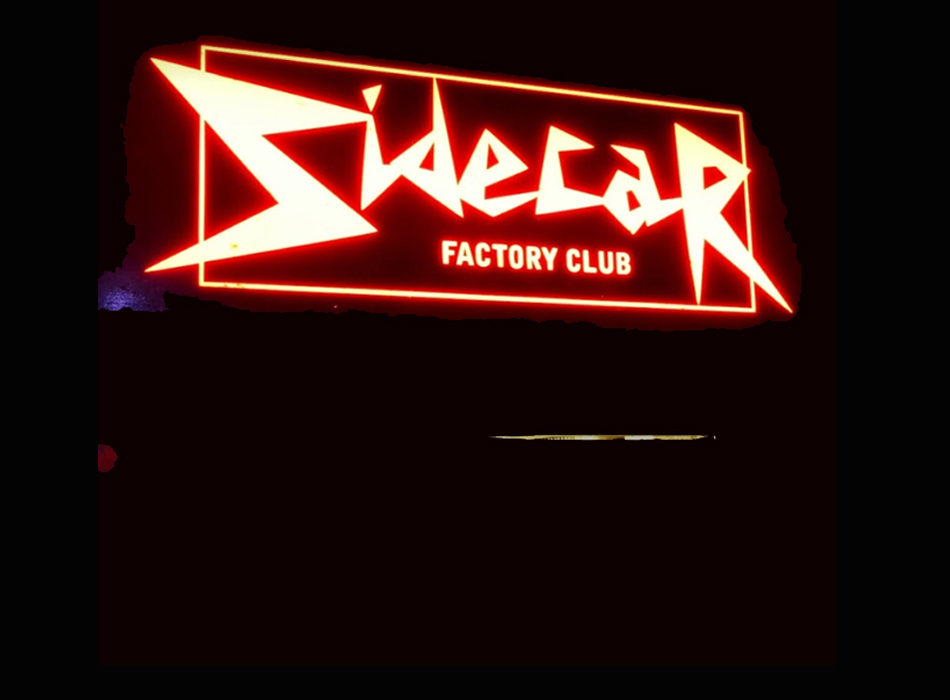“Who needs Realism when we can have Fakism?” declares the slogan of “Before”, an innovative performance by Teatro Praga which touches down at Barcelona’s Sala Hiroshima on the 14th and 15th February.
Lisbon’s contemporary theatre scene took a swerve towards new territories with the emergence of Teatro Praga in 1995. Its core group of four participants sought an approach that went beyond traditional Portuguese theatre. Instead, they create their own texts integrating film, philosophy and performance through a constellation of collaborations. Firmly embedded in the local community, their informal rehearsal space also supports a younger generation of artists. Teatro Praga have presented their eclectic pieces in theatres and festivals around the world. This is their Barcelona debut.
Founder member Pedro Penin joined me in exploring beyond the dinosaur’s mask. He shared that “Before” was first premiered two years ago. The Portuguese version has been touring quite a lot, and the performance has also been presented in Paris and Istanbul.
Pedro, thank you for joining me for this conversation. I’d like to start by ask whether the performance text changes according to the country you are working in?
Yes, it’s very much based in the here and now. A few parts are always improvised during each performance based on things which happened that day. We’re presenting the English version at Sala Hiroshima. The Portuguese version is quite similar, but there are a few changes. The idea of going back into the past begins at the moment of the performance and goes right back to the time of the dinosaurs.
The description of “Before” includes a wonderful word, saudade, defined as the longing for the past. Could you share any characteristics of a past which you might long for?
The idea of going back in time isn’t a form of nostalgia, trying to revive and relive past moments. It’s more like a humorous tension, basically a dialogue you often have in your own mind. When you’re actually trying to think of your own past you tend to do it as if applying an Instagram filter. There’s a dinosaur character that is clearly unhappy with the present and he’s trying to convince someone, maybe a therapist or close friend, that before it was better. The other character is constantly trying to make him wake up and live the present moment, which is something me and my colleagues feel we do often. Maybe it’s a Portuguese thing, but we’re reminded on a daily basis that this is a characteristic of our cultural identity. In Lisbon, as with many other European cities, you’re living among the relics of a glorious past. In our case this was in the 1500-1600s, the Golden Age that was lost and destroyed. I wrote the play whilst living in Istanbul and I also discovered this to be true there. They have their Ottoman past which is very present in the city.
I researched and found what I later called the “geography of melancholy”, places in the world that have a specific word to express this relation with the present that can only be explained if you go back in time. In order to explain what you’re living now in Portugese, you always relate it to what happened in the past. This made me wonder where does it end, what if we go back as far as the time of the dinosaurs?
If we go right back to so many of the early stories of creation, like the Garden of Eden, there’s a longing for a paradise we have lost and are now separated from. These narratives include an insidious aspect that says we’re not ok as we are, we’re somehow incomplete. We once had something but we’ve lost it… that sense of lack.
In Judaism there’s an interesting concept of the golden pots, something that was once broken and never recovered. In your terrestrial life you’re meant to look for that unity that was forever lost. Your existence is forever shadowed by that feeling of incompleteness. When I started writing the text it began to flow like a dialogue, as if it was a regression session. It’s a movement that we tend to do during sad moments, reliving our past and thinking it was better than before. Woody Allen has a funny movie, Midnight in Paris, which portrays how different generations all have the same impression that their grandparents lived in better times. “Before” is constantly revolving around that human feeling.
Humour also keeps bringing us back to the present moment, On the one hand you’ve got this image of the Golden Age, and on the other hand there’s a strong voice saying its all relative, and all we have is the here and now.
I think nowadays it’s impossible to lose irony altogether, it’s in our DNA. In Turkey there was a violent coup d’état a few years ago. My Turkish friends shared that even as bombs were falling in Istanbul and they were hiding under the bed in fear, they were still Whatsapp-ing or tweeting funny things about the situation with their friends. The play shows the schizophrenic contemporary tendency of making a joke about tragic situations, such as if someone dies or the recent economic crisis in Portugal. Humour is a way of dealing with tragedy and the play is also about this.
There’s a great quote in the play, “We all fear death and question our place in the universe but the artist’s job is not to succumb to that despair but to find an antidote to the emptiness of existence,” by Gertrude Stein. I’m wondering if humour is the antidote that you’re proposing?
Gertrude Stein didn’t actually say that… it’s a line from Woody Allen, fictionalising what Stein would say. Its fiction around a quote.
Ha! So another strike for Fakism! What other antidotes to the emptiness of existence do you admire in the work of other groups or artists?
A Spanish choreographer and playwright that I really admire is Angélica Liddell. She engages with a destructive, tragic and very personal way of exposing her own life, but at the same time it feels like a kind of redemption to her own suffering. I admire her combination of humour and guts. It’s a painful way of exposing your feelings and transposing them into fiction, which I’m also trying to do with this play. There’s always a very personal dimension in anything I write. I also see that was a way of dealing with your own ghosts and history.
It’s perhaps a way of creating your own narrative on both a culture and personal level… and if it’s got humour and resilience it’s a much more powerful narrative?
Fiction is very powerful because as an artist I don’t have to stick to any method. I have the luxury of playing with facts and transforming them as I go along with the creation. This makes it a very powerful tool.
Do you think this could be about going to the essence of something? I mean, so what if its fact or fiction, there’s still something behind it. Like the example of the Gertrude Stein non-quote … so what if she said it or didn’t, there’s something that’s being expressed, beyond the post-truth implications…
It’s also about listening to that voice, because in the performance I’m speaking as both characters. The voice and energy is coming from me, but there are two characters onstage. My voice serves as two extreme opinions, one saying the past was much better and the other saying to just focus on what you’re living right now. I’d like people to identify with this in some way, with their own existence. There’s always an implication of your own persona in whatever is done on stage, in Theatre Praga productions, which creates the hybrid objects we create onstage.
Is there any hint of any integration at any level between the polarities of the dinosaur and psychiatrist… some point which goes beyond both of them?
Yes definitely, at the same time as being polarised they doubt themselves a lot, even with simple things like the date. This creates a lot of grey areas where polarisation becomes an entity that combines all these elements, like trying to shoot in every direction and trying to make something of it.
That sounds like a good description of the kind of thought processes we all go through…
Especially the artistic process, for me. The best quote I’ve ever read about what is art, was by the Nigerian author Chinua Achebe who said, “the job of an artist is trying to transform the reality that has been given to you”. Sometimes we don’t ask for this reality, it’s just something that’s been presented to you. It sounds simple, but it’s a huge task. For me it’s always about trying to create an alternative to whatever reality we’re living in the moment.
What does transformation mean to you?
I think it is creativity in its very purest form. It’s not just human, animals do it too. Climate change is clearly our error. But you can observe how animals use their creativity to deal with that. Another example, if you watch horrible images of wars on TV you can use your creativity to transform your response. This isn’t exactly escapism, its art.
Is there any message that you’d like people who experience your performance to come away with?
It’s a fantasy, a projection, but I always love to think that when people leave the performance they start to notice the buildings, the city, monuments that were built with human hands, and look at them differently and question what will happen when all of this becomes obsolete, when our cities all disappear at some point in time. Going way further into the future to imagine when Barcelona becomes a ruin, like the dinosaurs who once ruled the earth and are now a few bones in a museum. There’s always something very universal about the play but I’m wondering what people will say about it in Barcelona.
Thank you Pedro, I’m certainly looking forward to the performance next week!
*******************
Reserve your tickets before this highly anticipated show sells out!
 “No matter what they wish for, no matter how far they go, people can never be anything but themselves. That’s all.” Haruki Murakami
“No matter what they wish for, no matter how far they go, people can never be anything but themselves. That’s all.” Haruki Murakami
